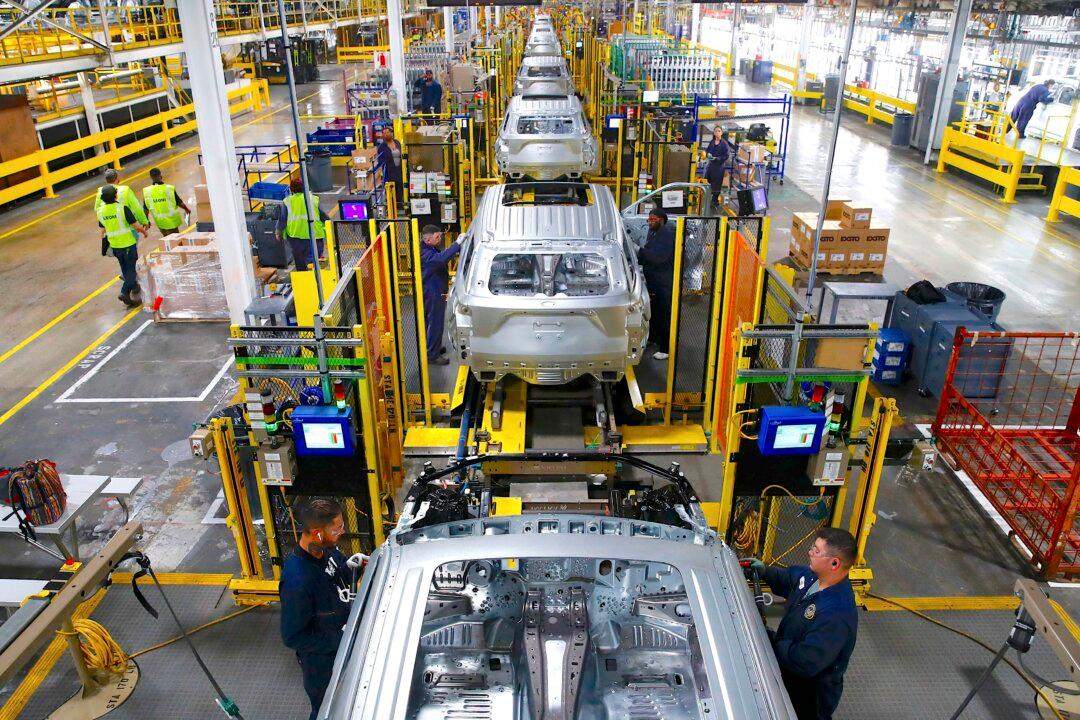Commentary
In the 1970s, with America’s market opening to China engineered by those peerless (not) ethicists and strategists, Richard Nixon and Henry Kissinger, China became the “world’s factory” because many of America’s own factories moved there for the cheap and compliant workforce.





